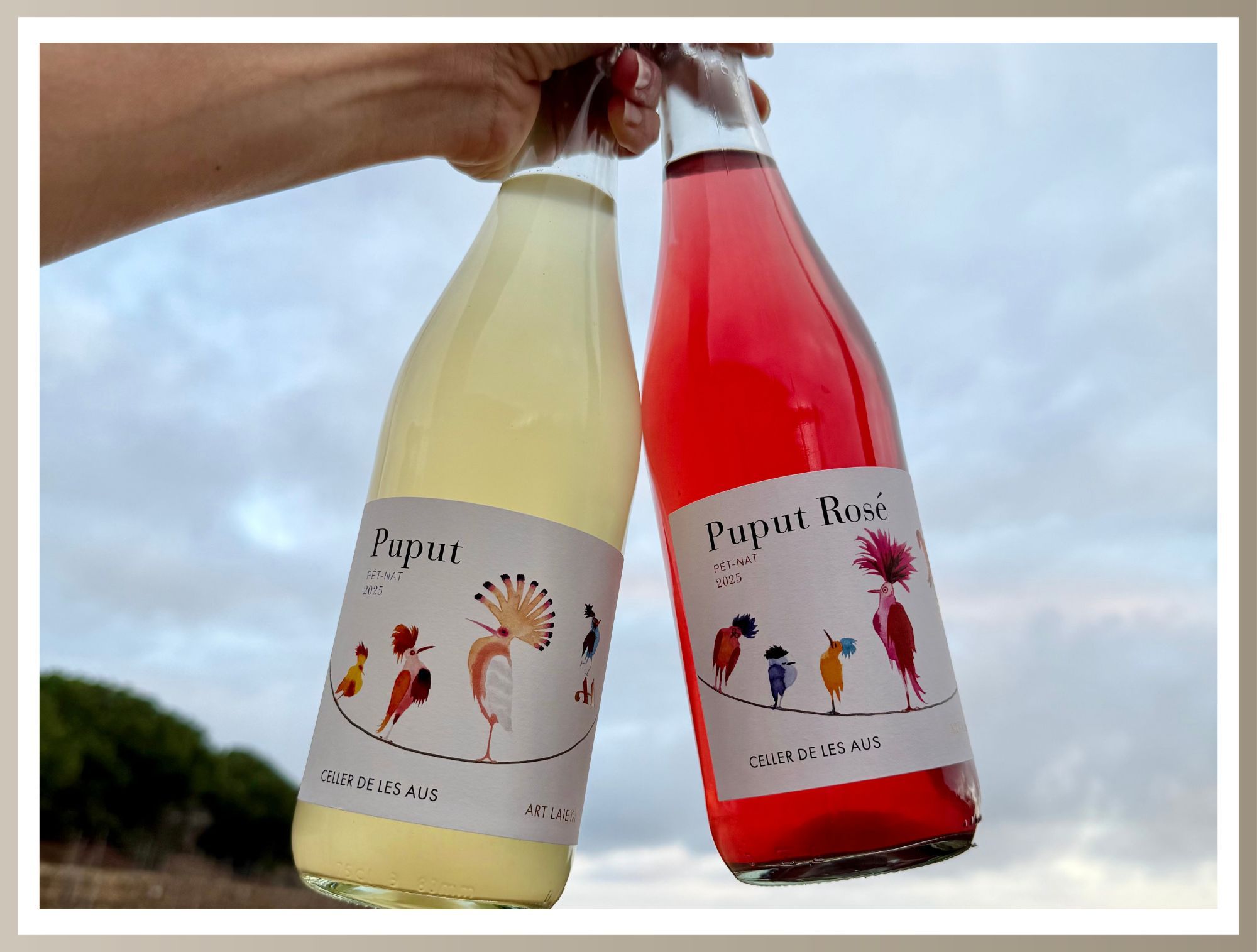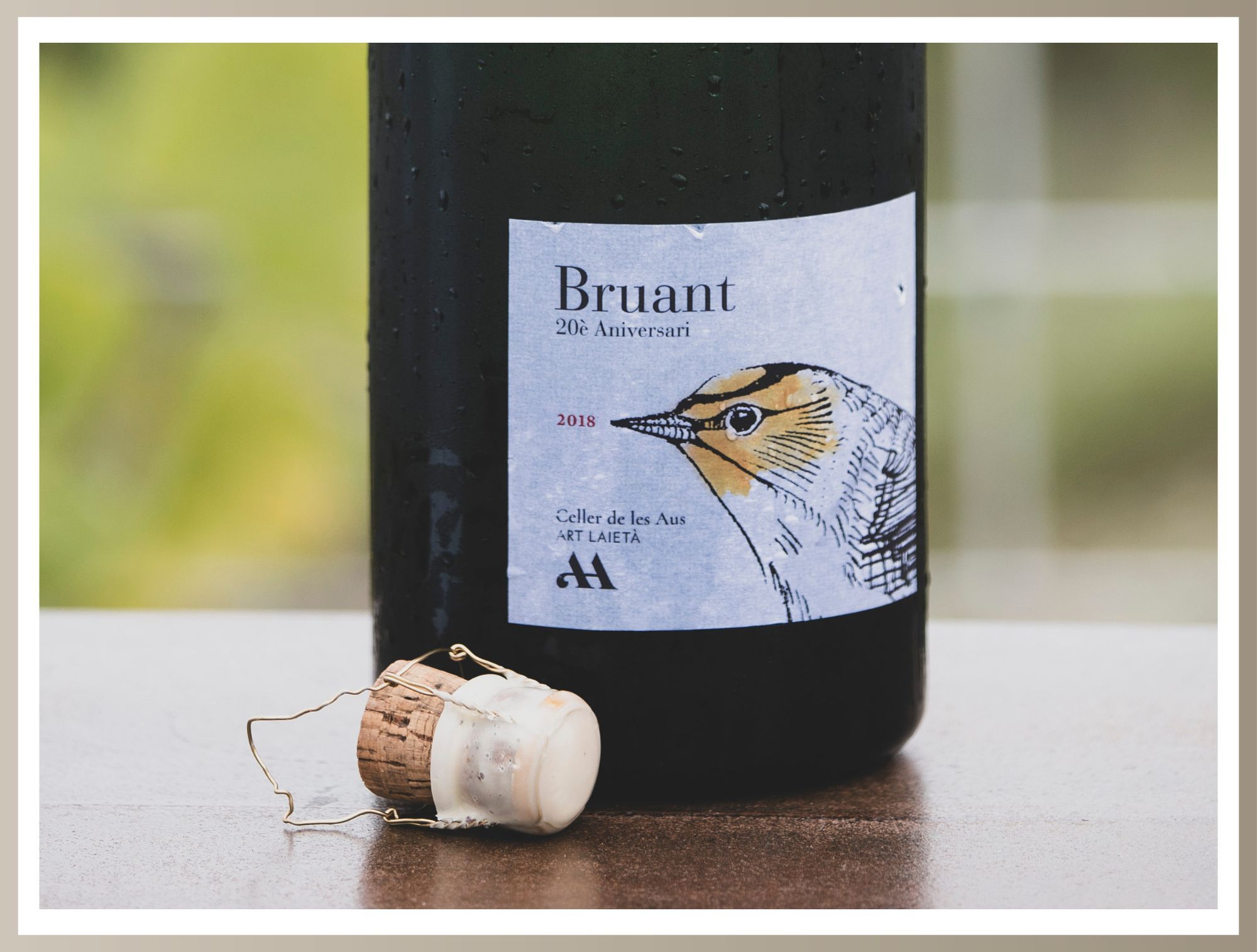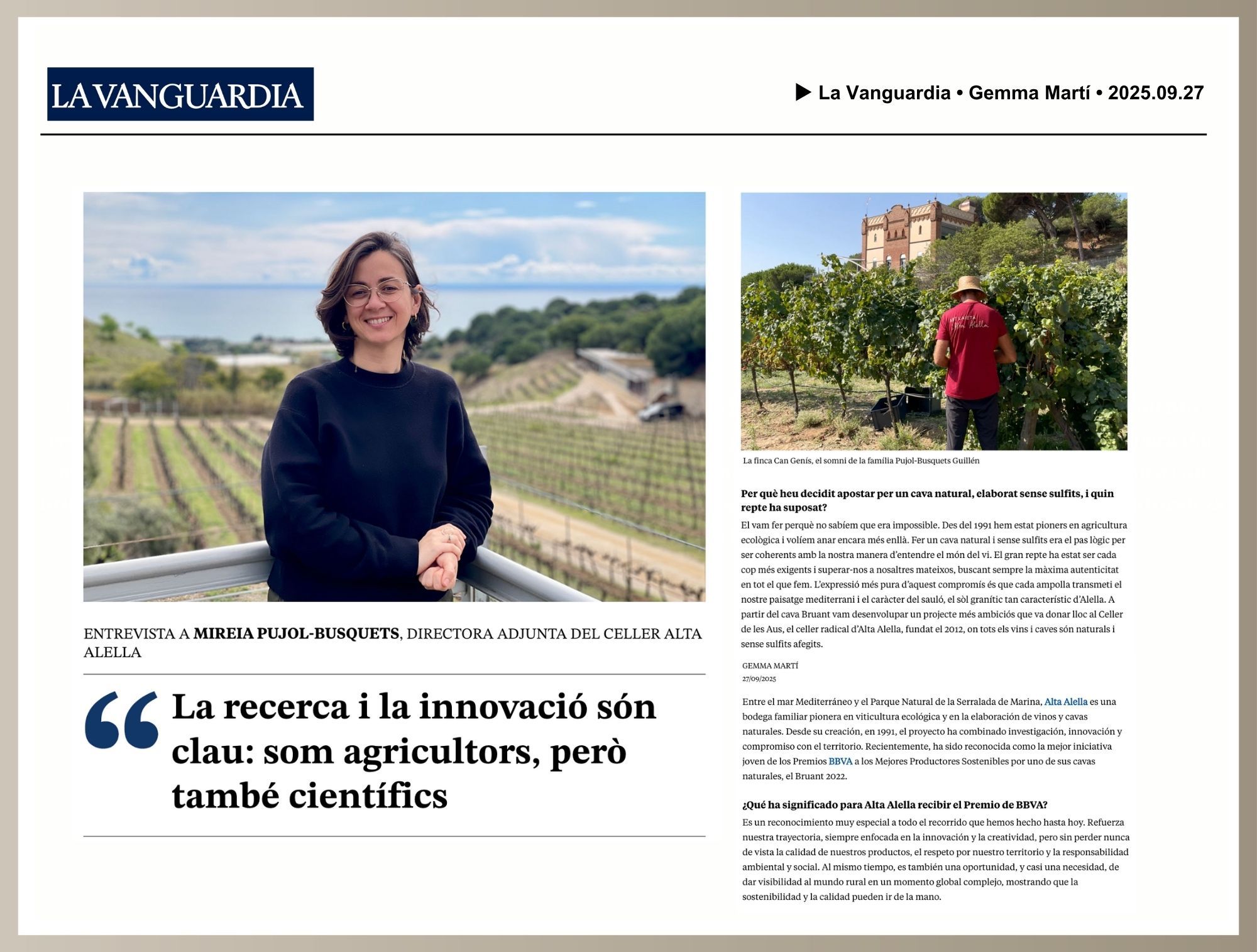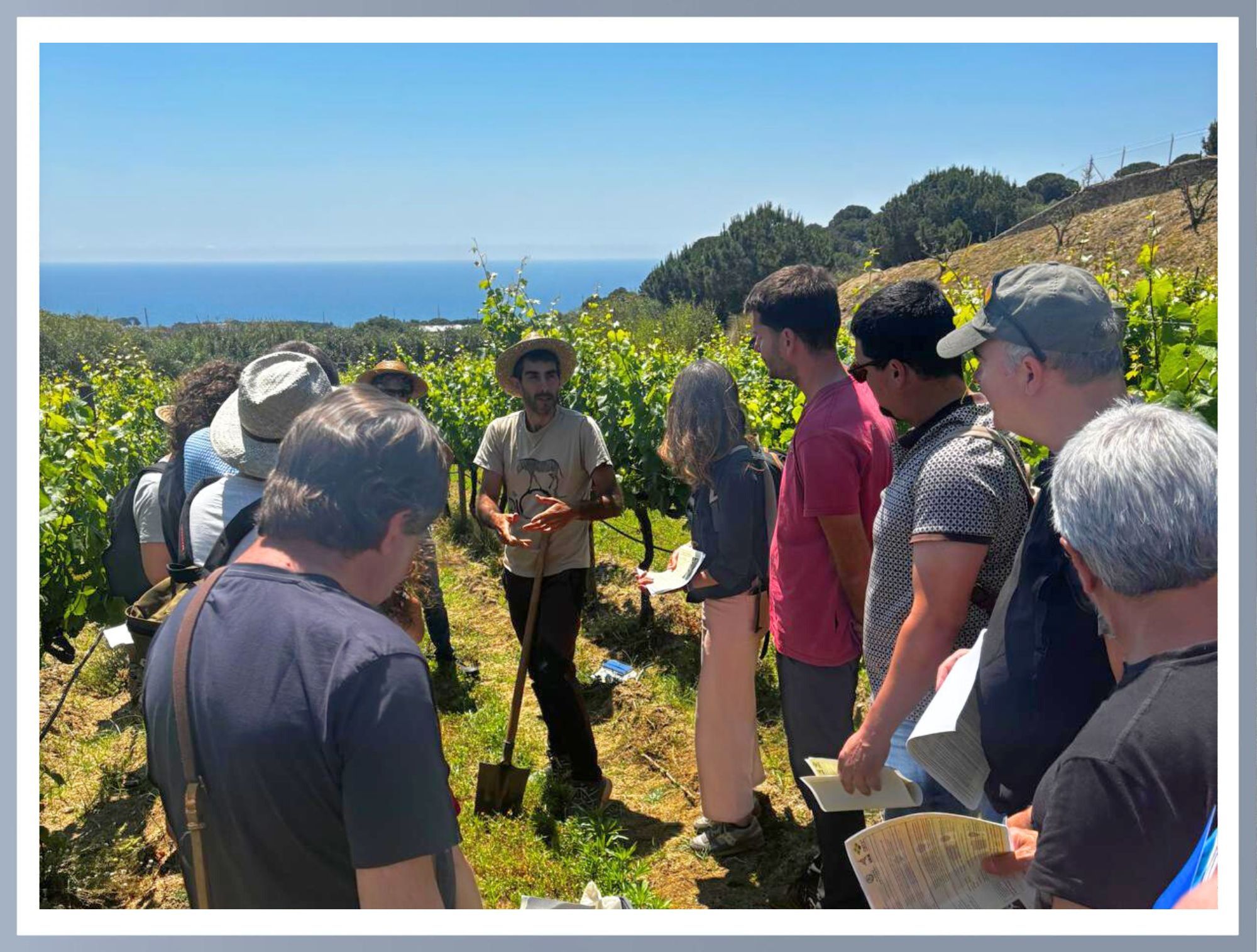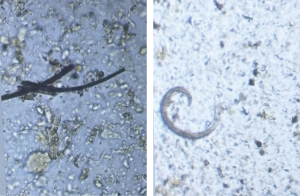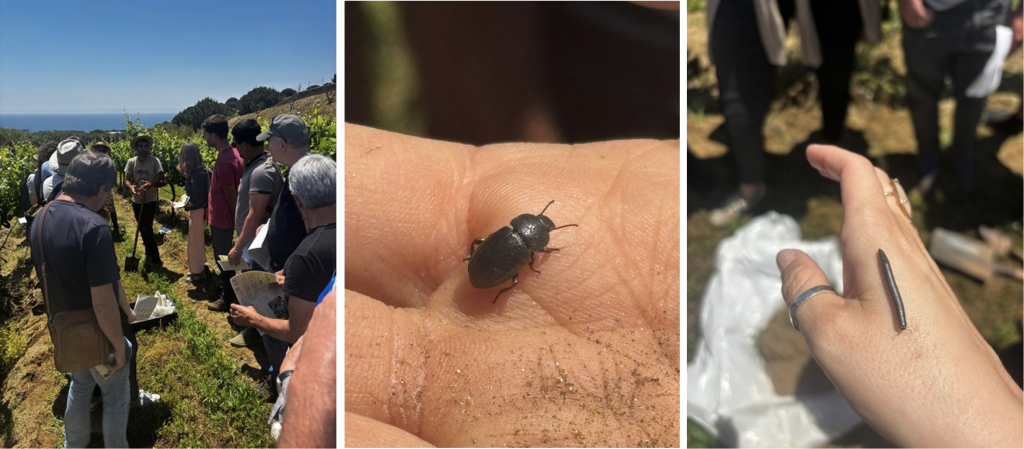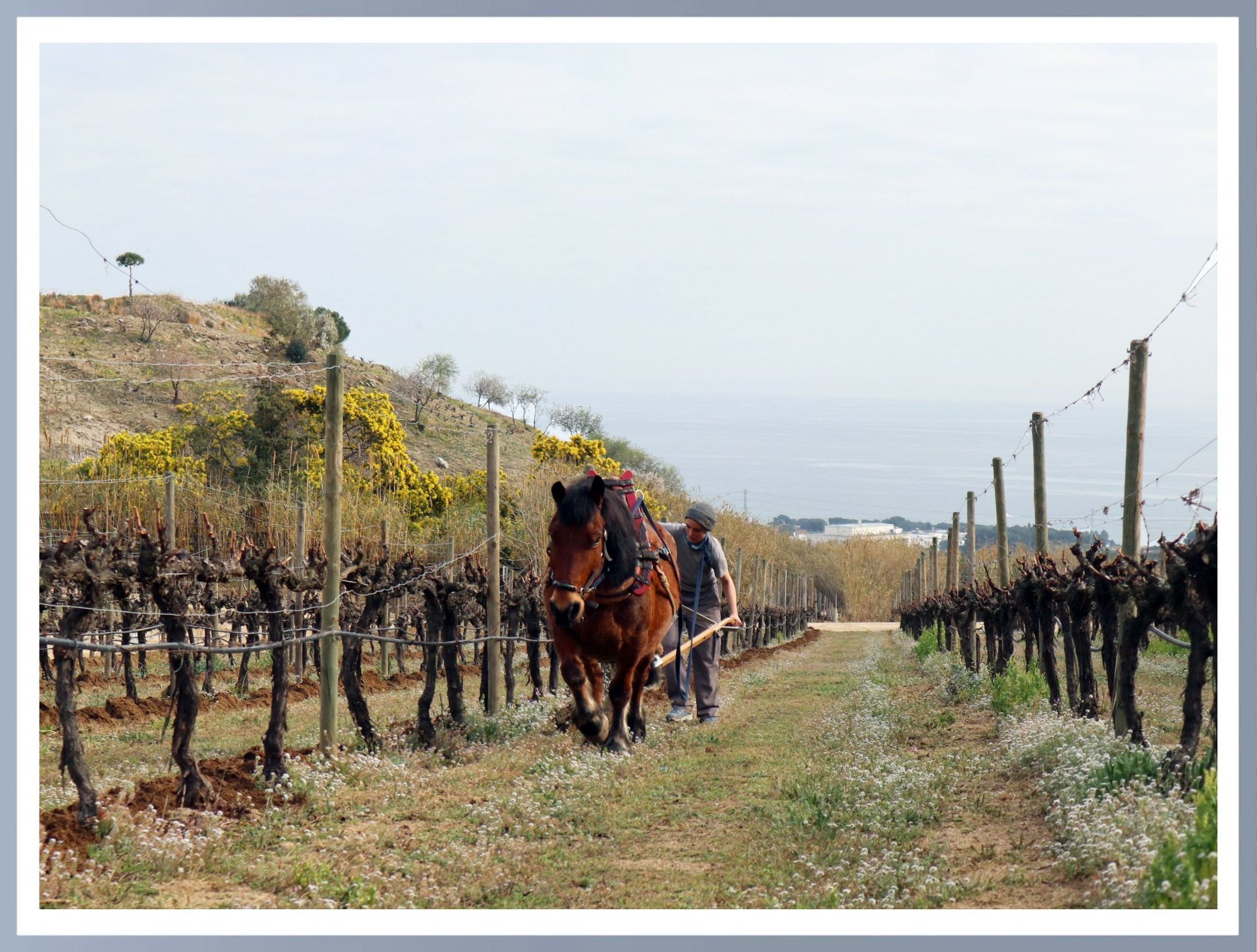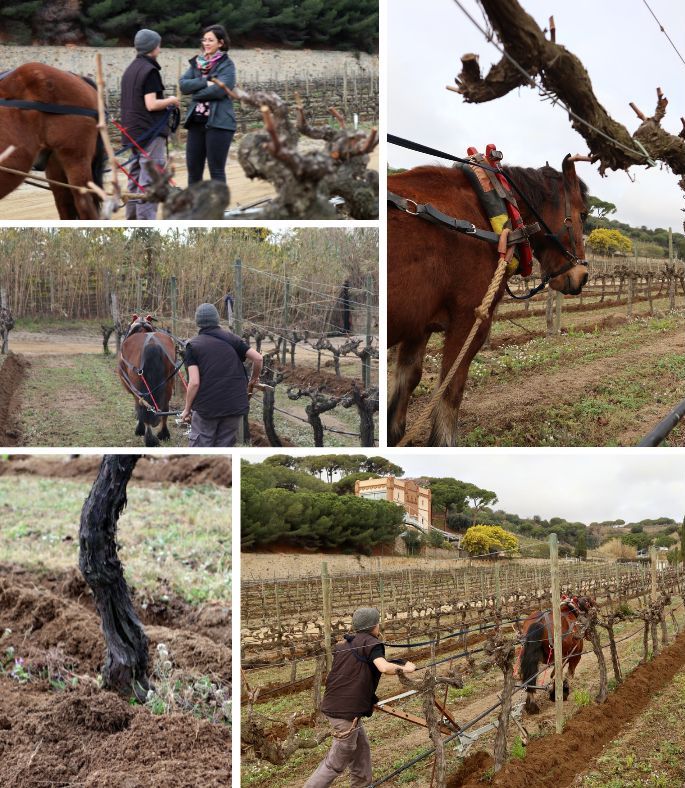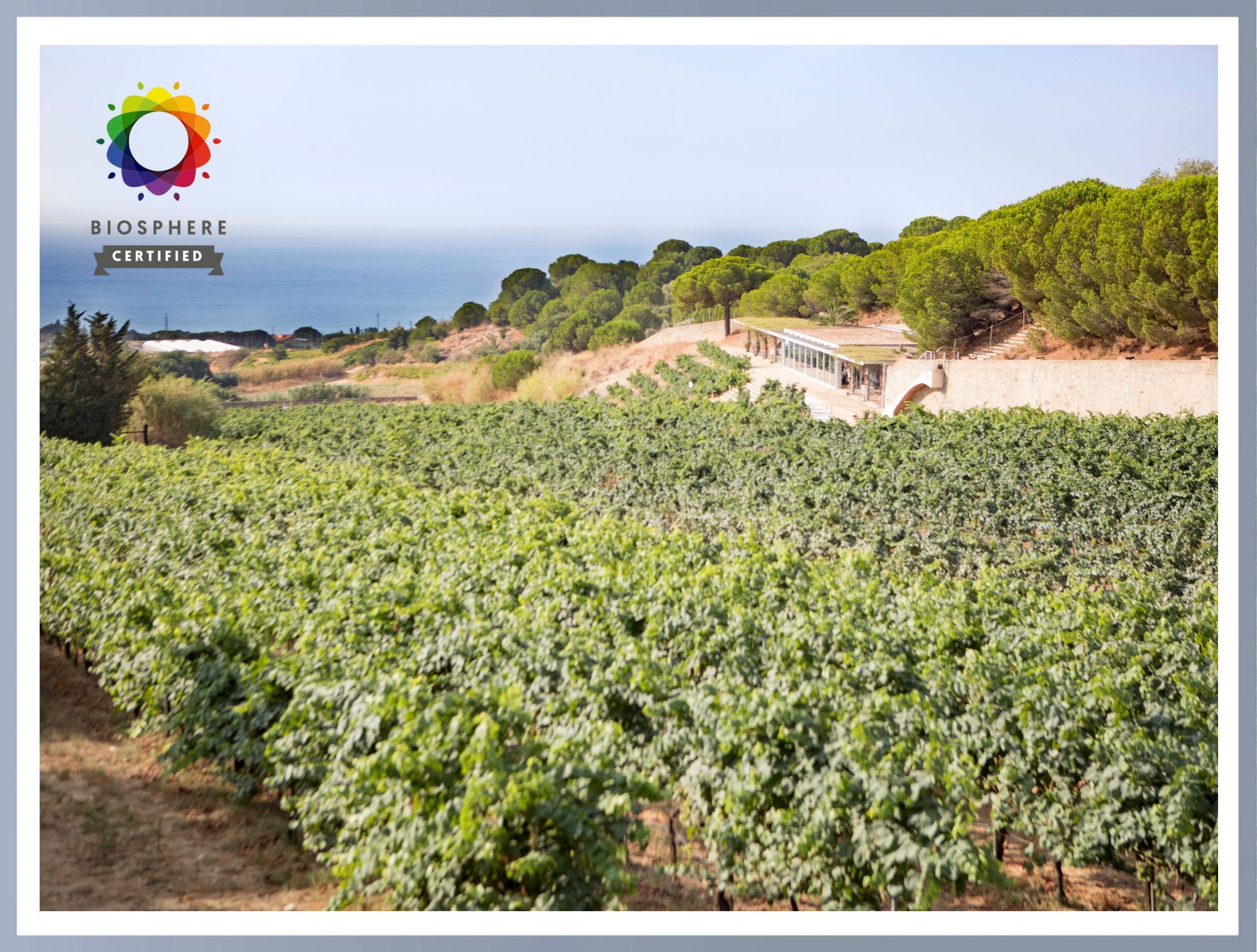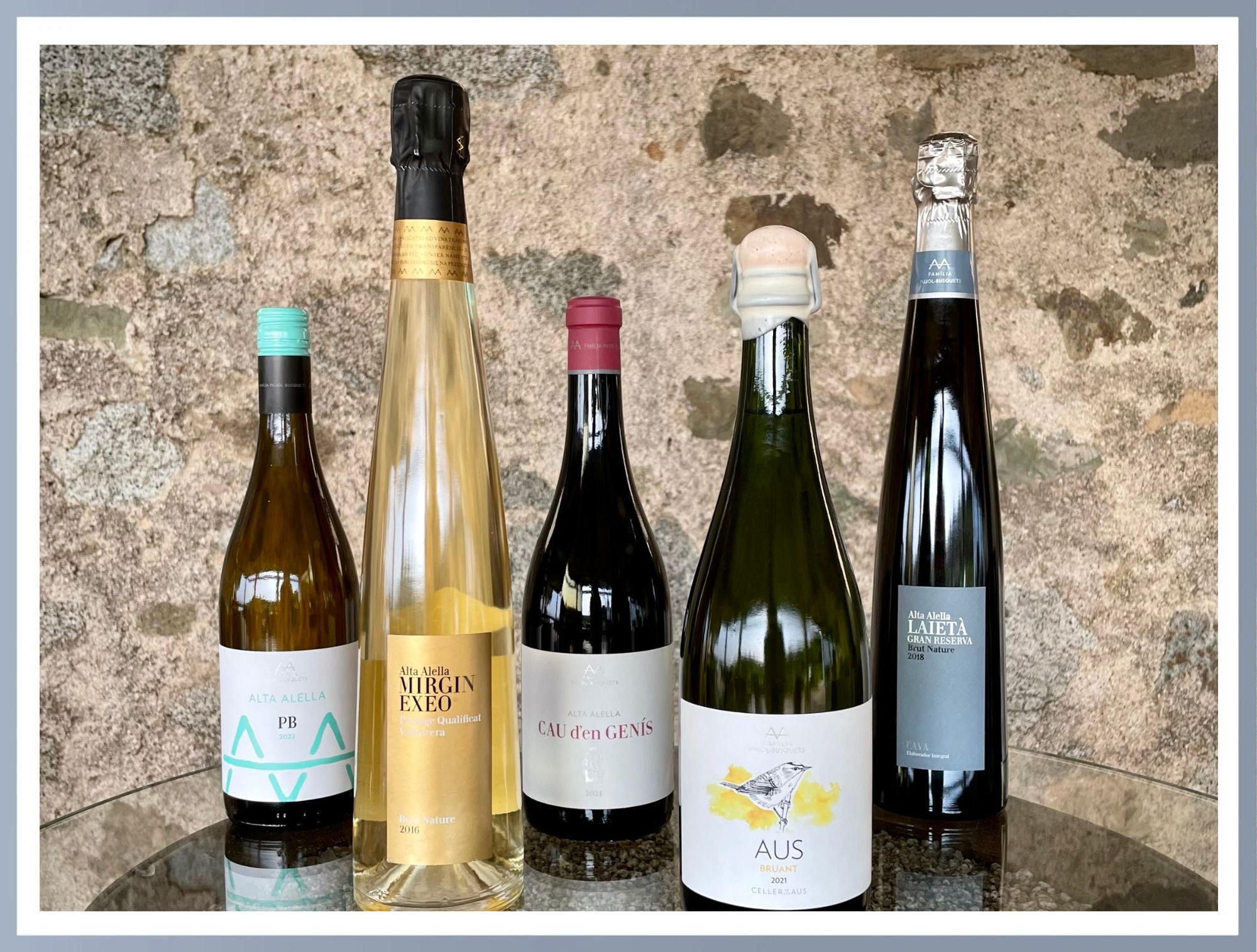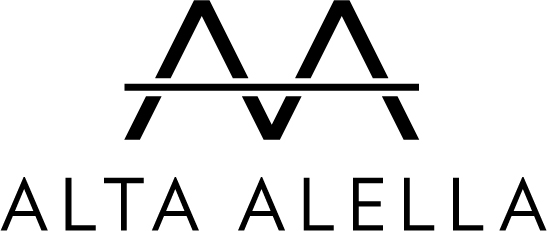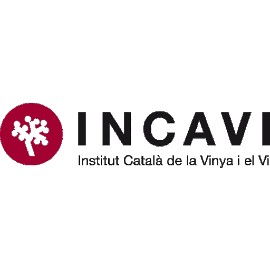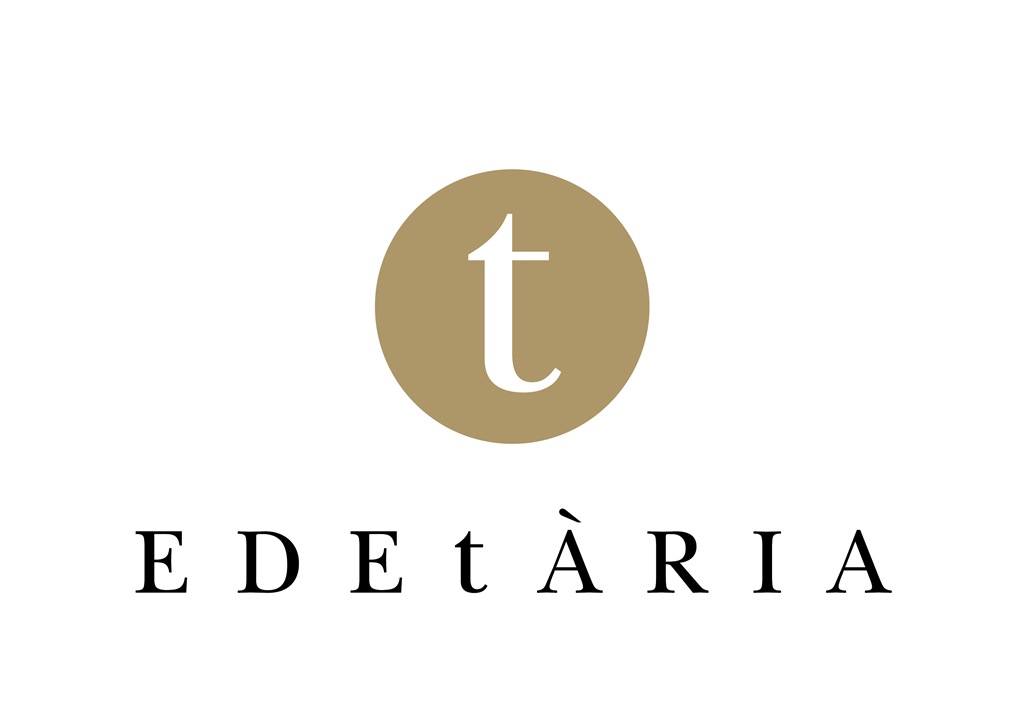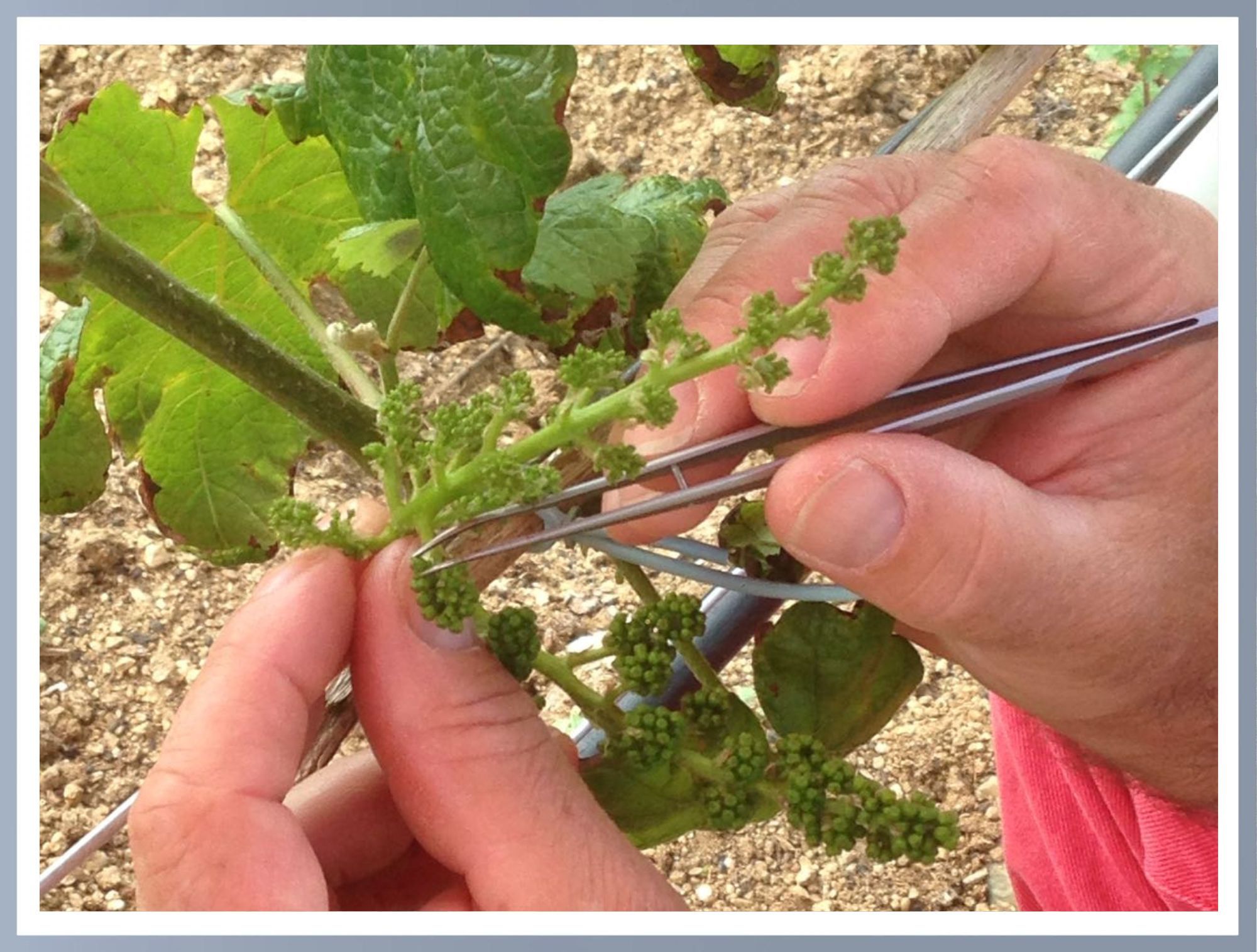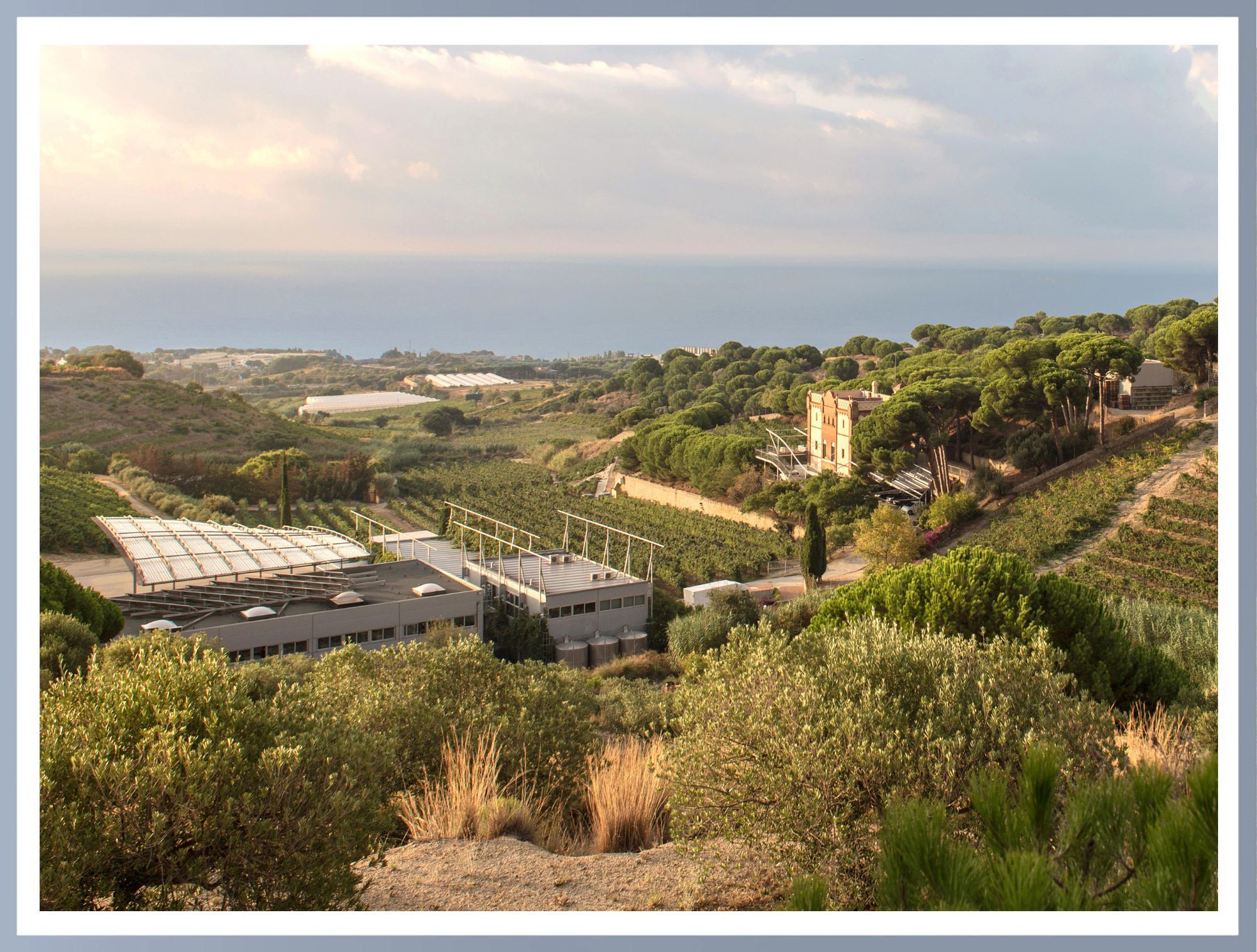-
The winery announces a 52% increase in overall turnover, rising from 3.3 million euros in 2018 to 5 million euros in 2022
-
45% of sales come from international markets such as Canada, the United States, Germany and Finland
Alta Alella, an organic family winery since its origin, continues its commitment to the territory and announces an investment of 2.5 million euros in the development of its winemaking activity, destined mainly to the acquisition of new hectares of land in Alella-Tiana, as well as technical facilities and tools to preserve the vineyard. “What excites me most is that my parents started with just one hectare in 1991 and in 2024, we will reach 70 hectares. We could have chosen another business model based on volume, but our path was and is to focus on the land, the vines, and to lead and control the entire winemaking process,” says Mireia Pujol-Busquets, co-owner and second generation of the winery.
This investment comes after years of growth and consolidation of the brand. The Pujol-Busquets family has announced a 52% increase in turnover in just five years. Specifically, its global turnover has risen from 3.3 million euros in 2018 to 5 million last year. From these, national sales represent 55% (with Catalonia, Balearic Islands, Basque Country, Valencian Community, Andalusia and Madrid mainly), and exports 45% (with Canada -Quebec-, United States, Germany and Finland as the largest international markets).
The Value of the Territory
Alta Alella is the culmination of a family project that was born more than thirty years ago by Josep Maria Pujol-Busquets and Cristina Guillén. After making wines all over the world, in 1991 they acquired the modernist Can Genís estate where Alta Alella is located, just 14 km from the city of Barcelona and less than 2 km from the Mediterranean, in the privileged agricultural area of the Serralada de Marina Natural Park. “It is a miracle to be able to develop this project so close to Barcelona. All our family’s efforts are dedicated to it”, says its founder, Josep Maria.
The investment in new vineyard plantations represents a very positive impact for the ecosystem in the peri-urban area of Barcelona and contributes to the organization of the territory, providing landscape value, as well as acting as a firebreak. The winery works with small parcels, which respect the orography of the territory as much as possible, maintaining the areas of forest between the vineyards. This enhances biodiversity, prevents the appearance of plagues and soil erosion, and has a positive impact on the quality of the wine, as “we plant the varieties that are best suited to each plot of land so that they express their full potential and uniqueness, taking into account the distance and height above sea level, and the orientation with respect to the sun”, explains Mireia.

Taking care of the vineyard in 2023: digitalization and environmental responsibility
Loyal to its values, “dedicated to transparency and committed to nature“, the family’s priority has always been the responsibility towards the territory (born organic) and the production of high quality wines and cavas that express their origin to the fullest. Following the premise of sustainability, part of the investment has also been destined to renewable energies and the digitalization of the vineyard. Alta Alella has been working for 8 years now with digital tools that increase traceability in the field, provide greater efficiency and optimization of the work in the vineyard, and minimize the environmental impact.
“A winery is a long-term project, and to ensure that future generations can enjoy the benefits of the land, we have to take care of it today”, says Mireia. Already in 1999, Alta Alella began its participation in the experimental vineyard project with Resistant and Autochthonous Varieties Adapted to Climate Change (VRIAACC in Catalan). Reducing the carbon footprint is a priority task for the winery, which for the last three years has also been a member of the “Voluntary Agreements Programme” promoted by the Government of Catalonia, following the United Nations’ Sustainable Development Goals (SDGs).
Related news in the national media:
